Tea bags are a household staple for many, often used to brew a comforting cup of tea. However, these little packets of herbs and leaves have a multitude of uses beyond the kitchen, especially in the garden. Instead of discarding used tea bags, you can repurpose them to enhance your garden’s health, nourish your plants, and even repel pests. Here are ten genius ways to use tea bags in the garden that will not only reduce waste but also contribute to a thriving, organic gardening environment.
Other Topics You Might Like
Helpful Products You Might Like
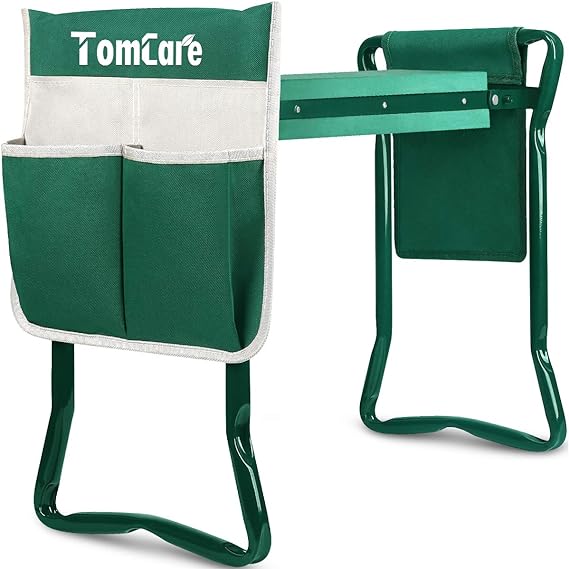
TomCare Foldable Garden Kneeler
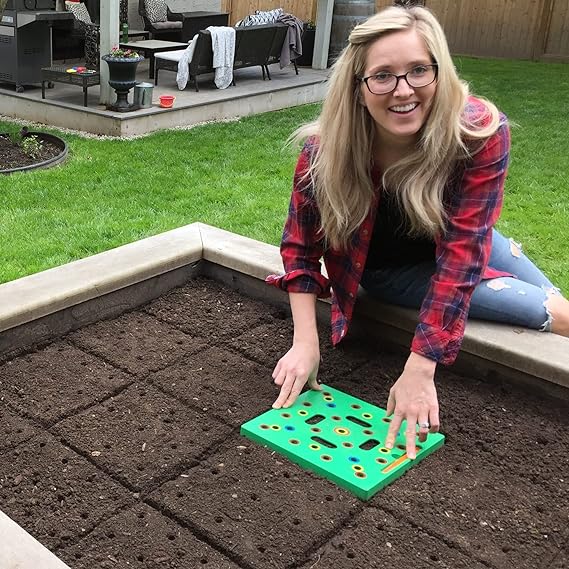
Seeding Square Seed Spacer Tool for Garden
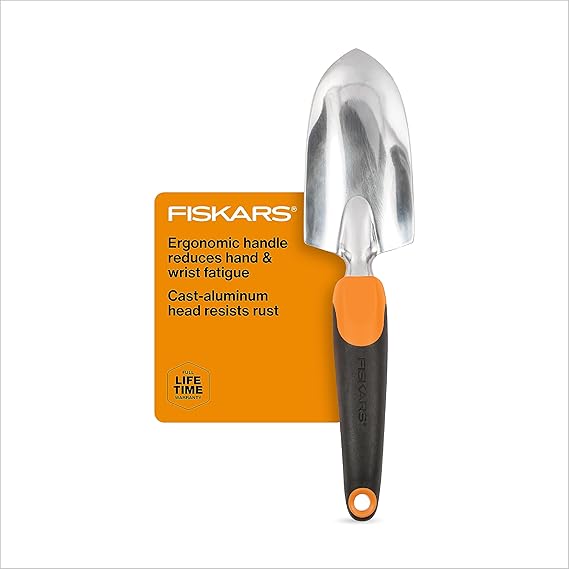
Fiskars Ergo Garden Trowel for Digging
"(Paid Links)" 
Compost Booster
One of the simplest and most effective ways to use tea bags in the garden is by adding them to your compost pile. When mixed into the compost, used tea bags help speed up the decomposition process, enriching the compost with vital nutrients. Both the tea leaves and the paper tea bags (if they’re made from biodegradable materials) break down easily, contributing to the overall quality of the compost. By incorporating tea bags into your composting routine, you ensure that your garden benefits from a well-balanced, nutrient-rich compost that promotes healthy plant growth.
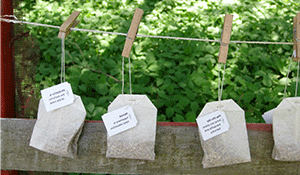
Natural Fertilizer
Tea bags have the potential to serve as a natural fertilizer for your plants. When tea bags are buried near the roots of your plants, they can function as a slow-release fertilizer that provides nourishment over time. As the tea bags decompose, they gradually release nutrients into the soil, which helps to encourage stronger root development and more vigorous growth. This approach is especially advantageous for acid-loving plants such as roses, tomatoes, and ferns that thrive in slightly acidic soil conditions.
Pest Repellent
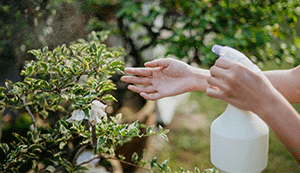
Used tea bags can also serve as an effective and natural pest repellent in the garden. The strong scent of tea, especially herbal varieties like peppermint or chamomile, can deter common garden pests such as ants, slugs, and even rodents. This method is an eco-friendly alternative to chemical pesticides and helps protect your plants without introducing harmful substances into your garden.
Soil Conditioner
Tea bags can be used to improve soil structure and fertility. When buried in the soil, they help retain moisture and enhance the soil’s ability to support plant life. The organic matter from the tea leaves adds bulk to the soil, improving its texture and making it more friable.
Seed Starter
Starting seeds can be a delicate process, but using tea bags as seed starters provides a nurturing environment for young plants. The nutrients in the tea help nourish the seedlings, while the small, enclosed space of the tea bag keeps them safe from environmental stressors. To use tea bags as seed starters, simply open the top of a used tea bag, add a few seeds, and water them lightly.
Worm Food
Worms are a gardener’s best friend. Tea bags can be used to feed worms, whether in a worm bin or directly in the garden. The tea leaves provide a valuable source of organic matter and nutrients that worms consume and convert into nutrient-rich castings. These castings, in turn, enhance the fertility of your garden soil, promoting healthy plant growth. Adding used tea bags to your worm bin or garden is a simple way to keep your worms happy and productive.
Natural Weed Control
Tea bags can be used to help control weeds in the garden naturally. The tannins in tea are known to inhibit the growth of some types of weeds, making tea bags a useful tool for keeping unwanted plants at bay. By placing used tea bags around the base of your plants or in areas prone to weed growth, you create a natural barrier that discourages weeds from taking root. This method is a great way to reduce the need for chemical herbicides and maintain a more organic garden.
Acidic Mulch for Acid-Loving Plants
Some plants, like blueberries, azaleas, and rhododendrons, prefer acidic soil conditions. Tea bags can be used as a mulch to help maintain the acidic environment these plants need to thrive. The tannins in tea contribute to soil acidity, making tea bags an ideal mulch for acid-loving plants. By spreading used tea bags around the base of these plants, you help create a protective layer that not only retains moisture but also gradually acidifies the soil as the tea bags decompose.
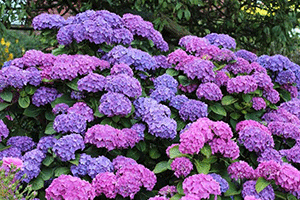
Houseplant Fertilizer
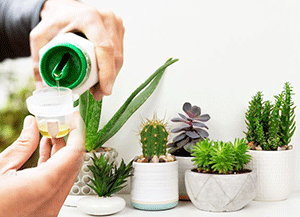
Tea bags aren’t just for the outdoor garden—they can also benefit your indoor plants. Houseplants, particularly those that prefer slightly acidic soil, can thrive with the addition of used tea bags. You can either bury the tea bags in the potting soil or brew a weak tea from used bags to water your plants. The nutrients in the tea help nourish your houseplants, promoting lush, green growth and healthier root systems.
